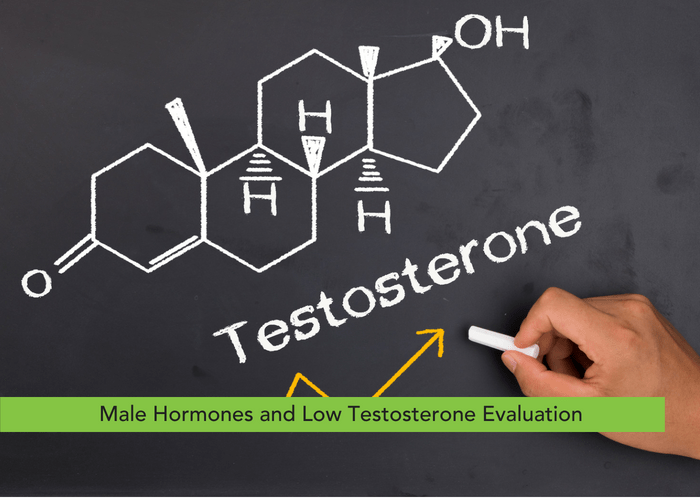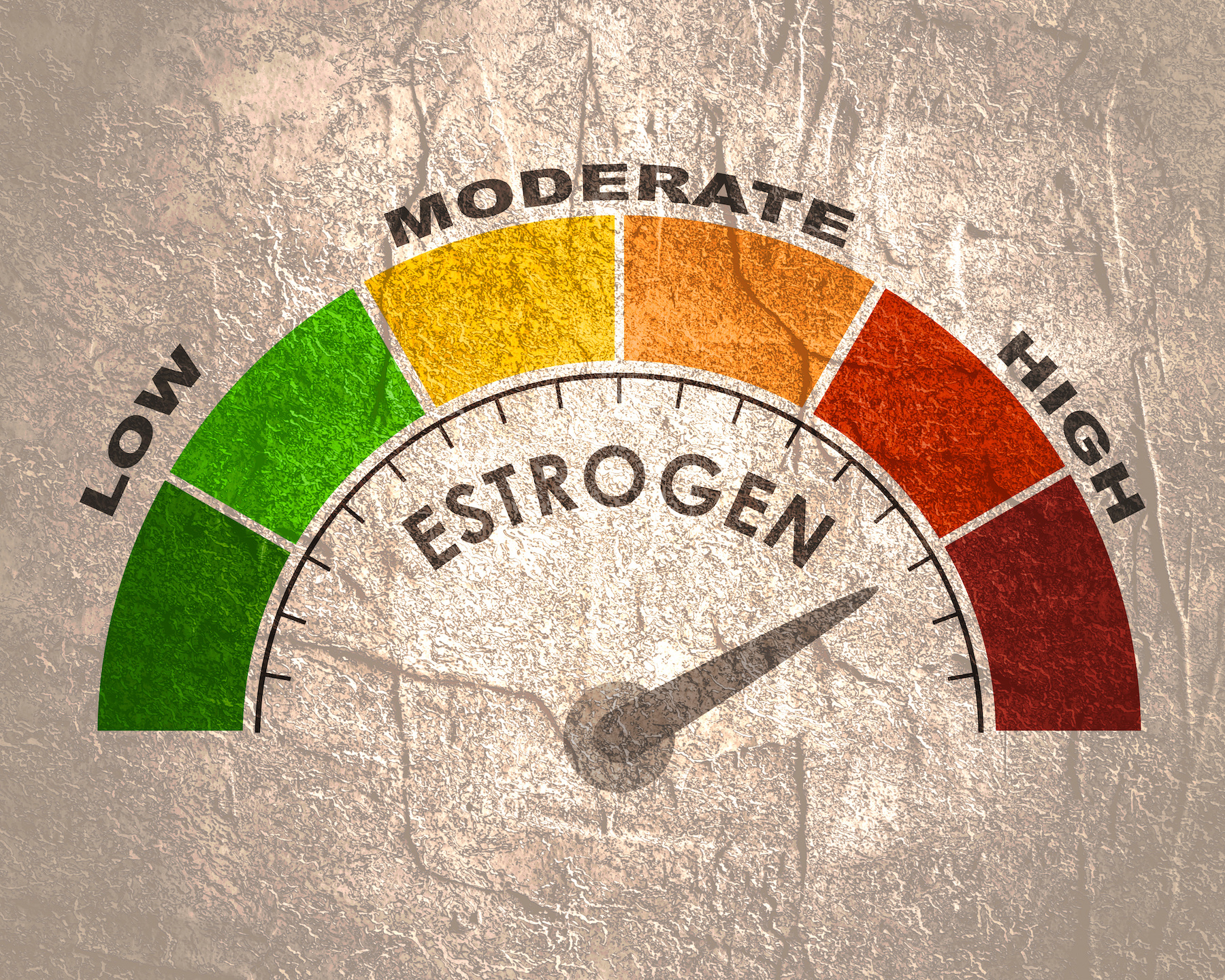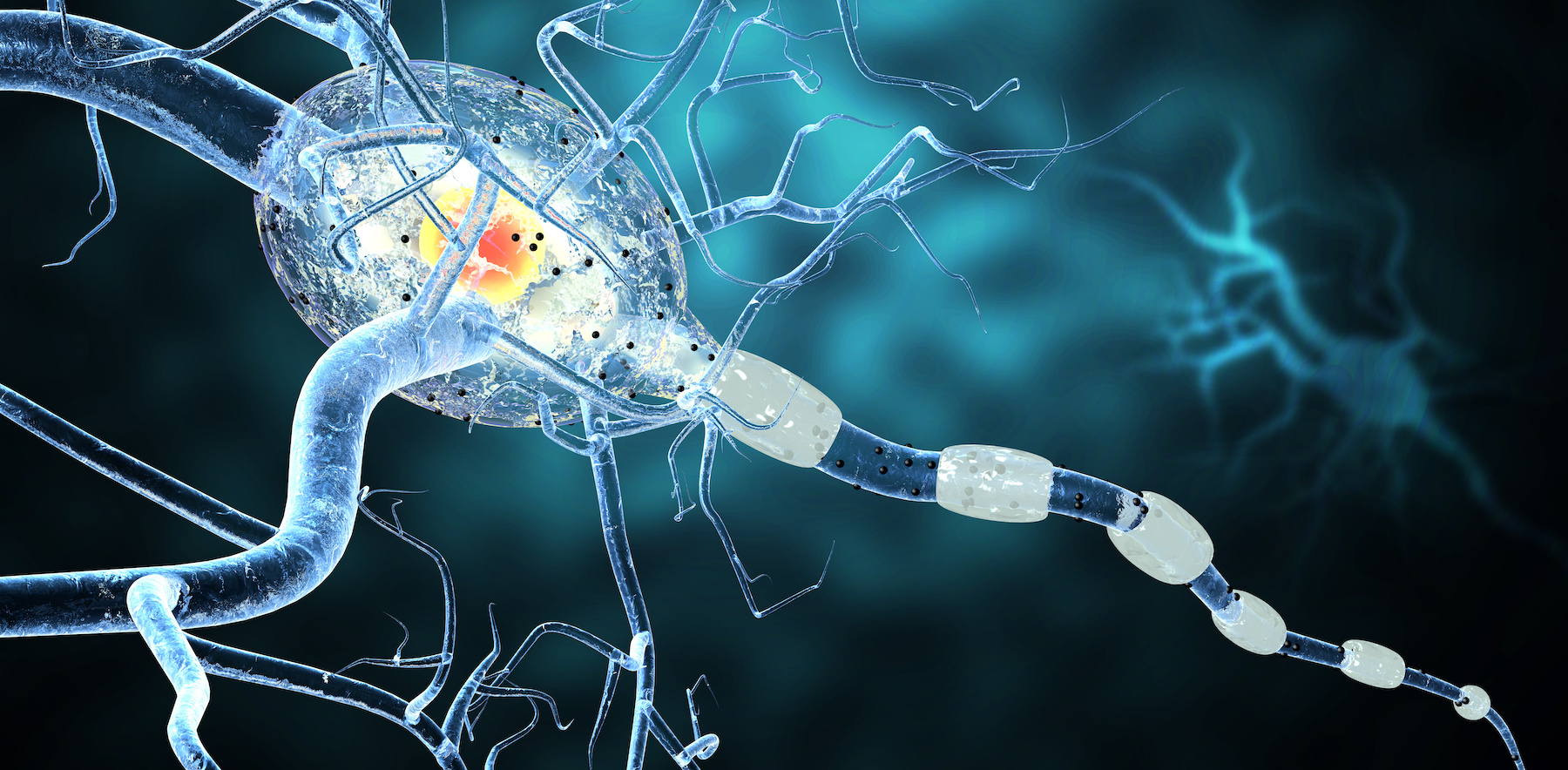

Male Hormones and Low Testosterone Evaluation
Hi, I’m Dr. Emily Parke with your Functional Health Minute for today. I’d like to take a look at how to properly evaluate male sex hormones.
So we all know that males have testosterone floating around, right? But there’s more details than just looking at a total testosterone level when you’re fully evaluating male hormones. In the blood, at the very least, you want to look at things like total testosterone, of course, but free testosterone, sex hormone binding globulin, which does exactly what it sounds like, it binds up the free hormone that’s floating around. But as I mentioned in a previous video, it doesn’t just make the hormones inactive. It still has some biological activity, but it’s just not as strong as the free testosterone floating around.
DHT
But you also want to take a look at dihydrotestosterone levels. If too much testosterone’s getting converted into DHT or dihydrotestosterone, then that symptoms of male pattern balding that usually can happen as well as prostate hypertrophy, meaning a big prostate, so for older men especially, symptoms of urinary urgency, things like that can occur if there’s too much testosterone being converted to dihydrotestosterone.
And yes, men also have some estrogens floating around. And so it is important to look at least an estrone level. And I very commonly have males come in to the practice that have been previously placed on testosterone therapy, and I really think it’s important to take a look at the root causes of why, why did they get placed on testosterone therapy, because testosterone didn’t just become low all by itself, randomly. So are there nutrient deficiencies going on? Is there a big stress on the body, such as sleep apnea, that’s very, very common. I see that a lot, especially in males in their 30s and 40s that have already been placed on testosterone by a previous practitioner. But stress of any kind can actually affect not just sex hormones, but it can affect the thyroid hormones as well, and of course, the main stress hormone cortisol, and DHEA. And so you also want to take a good look at those hormones when you do a full evaluation as well.
What to Evaluate
But true to functional medicine, you really want to find the root cause or causes for the low testosterone level, because if you never fix that, even if you give some testosterone, the patient may feel better temporarily, but isn’t really going to get better long term.
So at the very least, in the blood you want to evaluate free testosterone, total testosterone, sex hormone binding globulin, dihydrotestosterone, and estrone levels in a male if you’re looking to do comprehensive hormone evaluation in the blood.
In another Functional Health Minute, I’m going to talk about how to really look more comprehensively at male and female sex hormones so you can get a more full picture of what’s going on inside the body.
This is Dr. Emily Parke with your Health Minute for today.
Share:
Related Posts

What Is Sleep Apnea? Symptoms, Risks, and Treatment Options
Sleep apnea occurs when breathing repeatedly stops and starts throughout the night. Learn the symptoms, risks, and sleep apnea treatment options.

Estrogen Metabolism: How It Works, Why It Matters, and Supplements for Healthy Estrogen Metabolism
Estrogen metabolism is vital to estrogen regulation. Learn how it works and how the DUTCH test can provide insight into hormonal imbalance.

The Paleo Diet Versus the Autoimmune Paleo Diet: Differences and Benefits
Learn the difference between the paleo and the autoimmune paleo diet, including food lists, what foods to avoid, and all the health benefits!

A Complete View of Multiple Sclerosis: Symptoms, Diagnosis, and Functional Medicine Treatment Options
Get a complete view of multiple sclerosis, including common symptoms and treatment options, including nutrition and supplementation.
